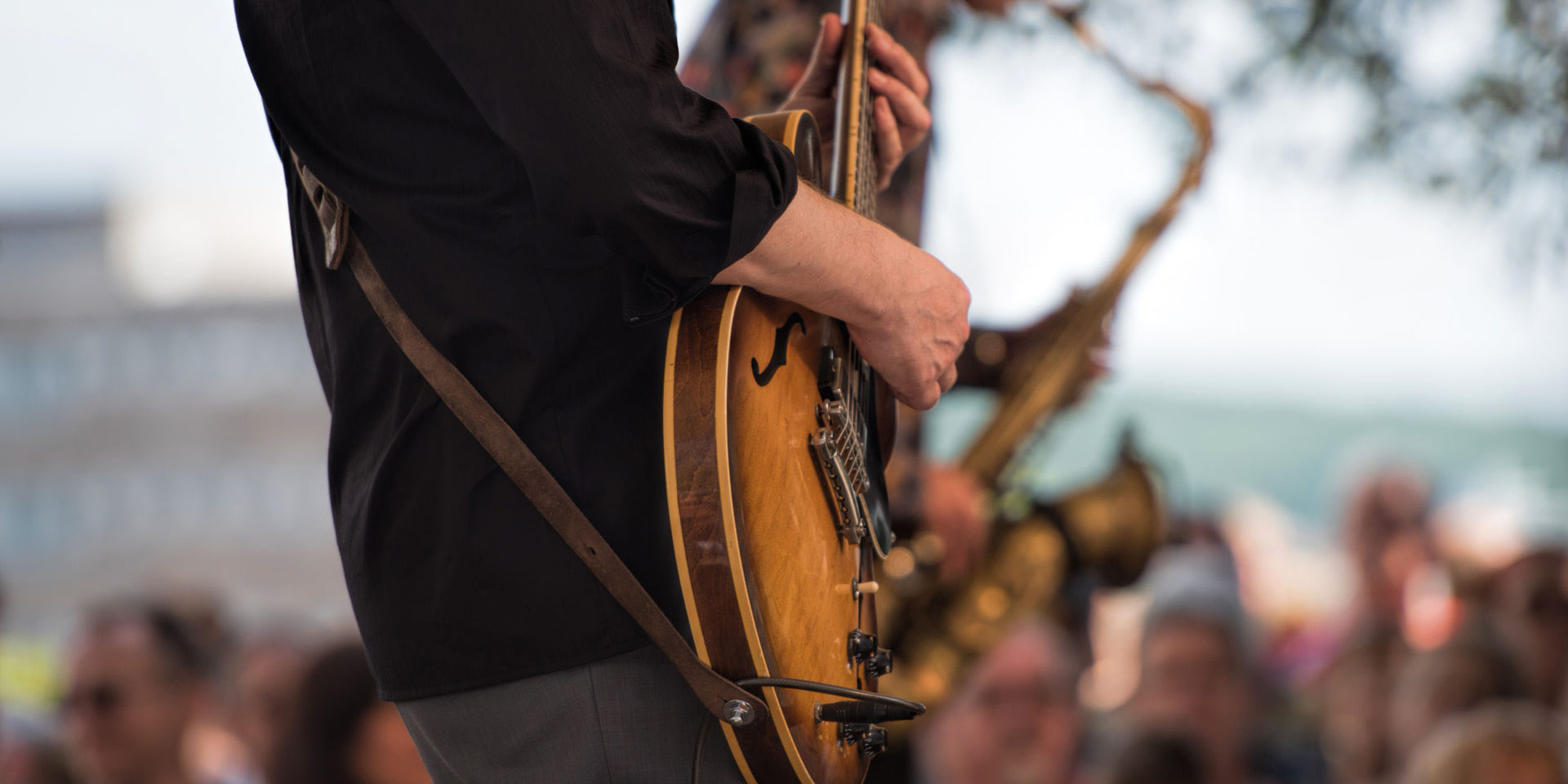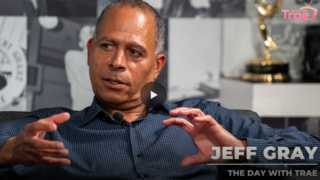
Here’s a different way to look at your budget
One of the more common discussions that I hear all the time is, “we lost money on the show.”
For example, let’s say that your show cost you $50,000. You had ticket sales totaling $30,000. You comped your top tier players free tickets, you also provided comp tickets for your Tribal council members. For 45-60 days, the whole community was hearing about your show and seeing your advertising and marketing, your billboards, your TV commercials and your radio. You also dropped a mailer with invites to your top customers.
Did you really lose money on the show? What about the intangibles that cannot be tracked on an Excel spreadsheet? Are you factoring in all the positive revenue flows being created by the concert? Or is each department taking credit individually for a full hotel and additional add-on nights, for the additional restaurant revenues and alcohol sales, for the sizable bump on your gaming floor, for your spa services and golf course (if you have these amenities)?
All of the costs for a concert add up, and yet the loss ends up being directed at marketing/entertainment.
Even though there is a budget in place to provide the concert/entertainment …
- Have you taken into consideration all the additional incremental revenue on the property created by the concert?
- Have you looked at the indirect increase you have created in more frequent visits due to a strong entertainment program?
- Have you looked at the strength of your brand in your region and how it is impacted by your entertainment?
- And where does the ticket sale revenue get credited? The general casino budget or back to the entertainment budget?
Imagine a casino without entertainment. Concerts and live events create energy and excitement. It’s a night out, it’s a nice dinner, it’s a getaway night or two in a resort. It’s a break from reality to some extent. Otherwise, it would be a pretty boring and unexciting place to go.
Concert entertainment especially, is a very important part of your brand, and also probably the most misunderstood.
You can’t just throw stuff at the wall and expect it to stick. Entertainment today is a very specialized and competitive business, especially for casinos. You need to be realistic about costs, of course, but you also need to be very aware of your brand and your reputation. Imagine what would happen if your fine dining had poor service and unimpressive food. It would be a disaster. The same applies to a hotel room, with an uncomfortable bed, poor water pressure, dated and uncomfortable furniture and carpet.
Entertainment must be the best that you can afford for your budget.
It needs to be strategic, consistent, regular and unique. It needs to be managed internally and methodically from start to finish. Just as your restaurant cannot have a bad day, neither can your entertainment have a poor show.
The entertainment/marketing department versus other casino departments.
I have noticed recently that casino departments, for the most part, are working very hard to meet goals for their own department. In this process, what is being missed is that it’s about the overall success of all the departments that make for a successful property.
I bring this up because, more and more, there seems to be a lack of teamwork between departments internally. Each department is more concerned about their individual goals, and in that pursuit, it comes at the cost of another department.
I will use concert entertainment as an example:
When a concert is put together for a casino, numerous departments are involved. Communication between these departments is an absolute must, from the beginning planning stages to the follow-up after the show:
- Hotel
- Food & Beverage
- Transportation & labor
- Security
- Banquets
These concerts are meant to draw new business, maintain current business and customers, and strengthen the brand of the property itself in the region/community.
Here’s what I have noticed:
- On a concert night, the fine dining restaurants are tending to stick to their regular closing time, instead of staying open to accommodate the concert-goers, who often are getting out of the show at 10 PM or later and wanting to get a bite to eat. Doesn’t it make sense to provide this amenity for your customers on concert nights?
- Oftentimes there is a lack of communication about the day-of-show requirements, such as room set-up times, crew & loader needs, security, the need for extra staff and longer hours on show day.
- The hotel room needs for Artists who are coming to your property to perform are being charged back to marketing/entertainment at sometimes the rack rate, not at a discount. Of course this helps the Hotel Department bottom line, but it seems like it punishes the marketing/entertainment department’s bottom line.
- Food and beverage needs for Artists, including hospitality and meals, are also getting charged back to marketing/entertainment at sometimes the retail rate.
Concerts cost a lot of money. Not just the Artist fee, but everything else that goes into producing a successful show:
- Marketing and advertising, which includes billboards, in-house signage, radio & TV, etc. Outside production company for the sound, lights, backline & video needs
- Additional staffing and long hours Additional local transportation and security needs
So back to my point, each department must work for the common goal on a concert day. It’s a lot of extra work, and it involves teamwork between departments. Marketing/ entertainment often seems like a black hole where money disappears, but this is where the magic starts on your property.







